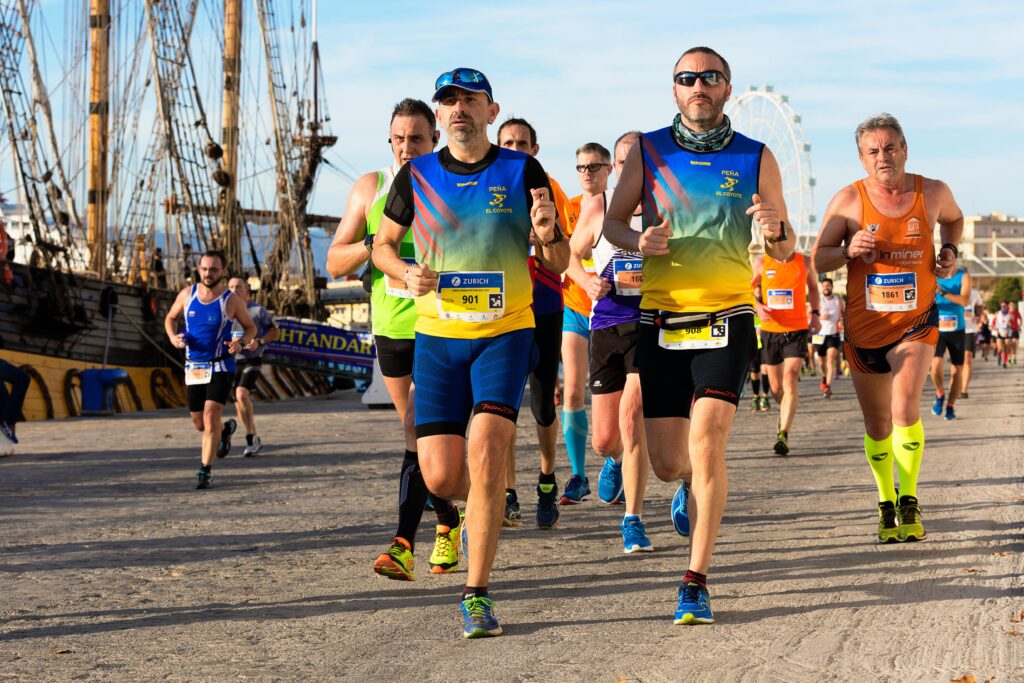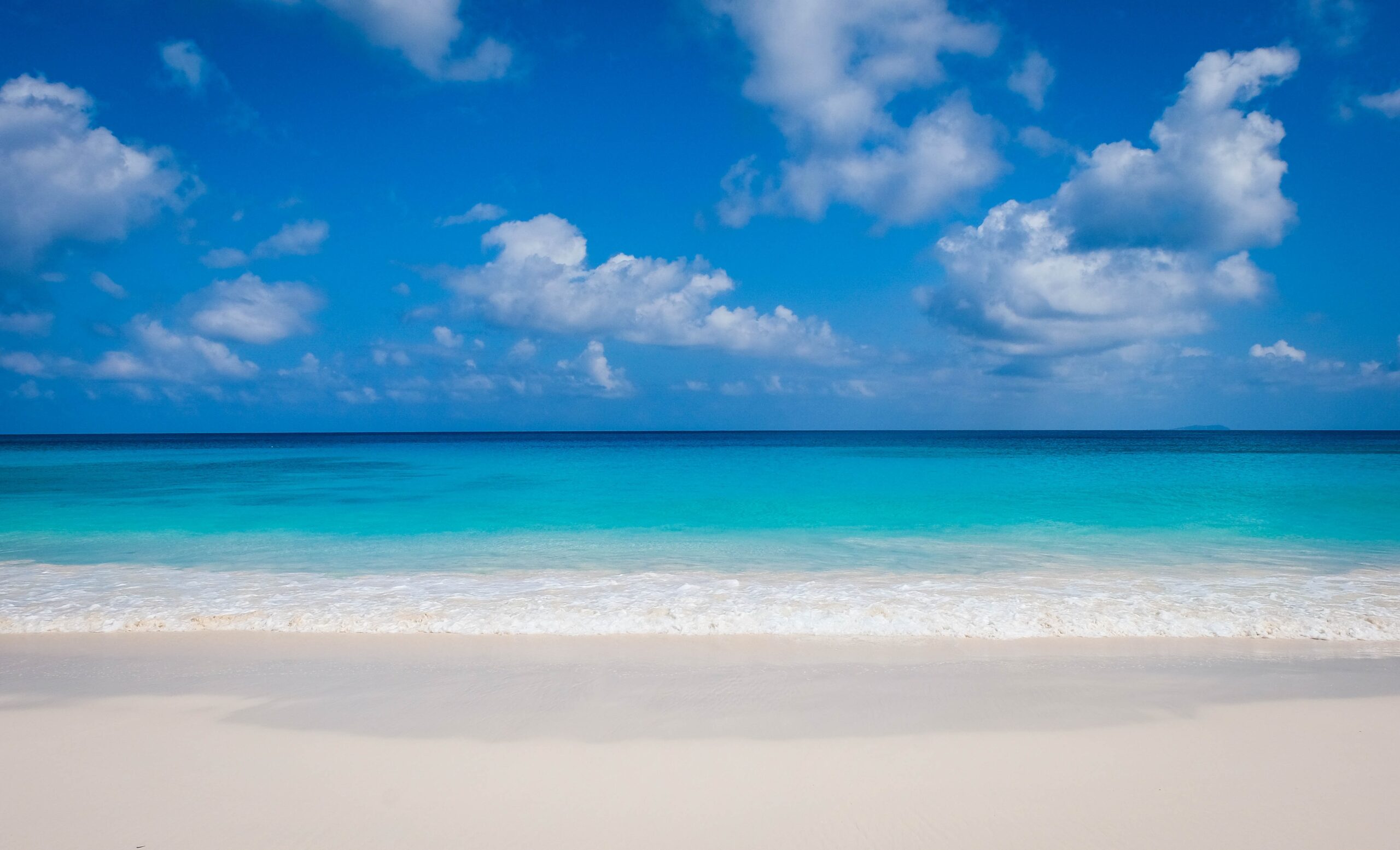Spring is the time for the warm weather camp. The season is drawing closer and training volume is increasing. The weather is the only thing holding you back. In recent years, with cheap flights and fitness culture developing, out of season holiday spots are cashing in on traveling fitness enthusiasts. Many athletes are taking advantage of this and planning a week away in a sunny venue in the lead up to their season. For some, they may be using holiday time to get some extra hours in while the kids are playing at the beach. Here are some ideas for your training camp whether foreign or domestic.
Why plan a training camp
- Training quality: The good weather allows for longer sessions and a lower likelihood of the elements calling a halt to a long session. Your fingers and toes are less likely to freeze. This allows for a nice bump in training volume and comfort, allowing for better quality in your sessions.
- Training focus: Getting away from work commitments allows you to put more focus into training. Your energy levels allow you to take on harder or longer sessions. Your training is much less constrained by your time schedule. You can have a plan and limit distractions. Mental energy has a big impact on how you perform in training.
- Training methods: Going to a new venue can be an opportunity to get some new training stimulus. Maybe you live in a flat area and this is an opportunity to ride or run in the hills. In addition it may allow for heat or altitude acclimatization. You may just be glad of quiet roads and less traffic interruptions.

- Enjoyment: Breaking the monotony of the same scenery can be a fantastic motivator. Getting an opportunity to explore new routes and environments makes training so much more enjoyable. A week of long training can go by in the blink of an eye when you have a fresh change of venue.
- Motivation: Having something to look forward to can have a huge impact on motivation. Even before you jet off your training will become more focused and consistent as you plan for your trip away. It’s not just the time on camp that gets a lift in efficiency. Even when you arrive home you’ll still be on a high from a training camp.
For many, a training camp can easily double up as a holiday. There’s absolutely nothing wrong with that but it is important to plan. Training camps do serve a purpose and sometimes the excitement of getting away to a nice destination can throw training into chaos. Here are some ideas for making your training camp a success while still getting good enjoyment out of it.
Plan your volume
It’s easy to become a full time athlete for one week and simply train every minute of the day. This is not a good plan. While you can manage an increase in volume you can risk a serious loss in quality and promote the possibility of injury. Full time athletes have gradually built volume and can manage it. Sudden changes are a recipe for disaster and can create more setbacks than progress. You can increase volume somewhat but your recovery should see the biggest increase in the time you commit. Use afternoon naps and other recovery methods which you wouldn’t normally have the time for. It will allow you to make the most out of sessions and make genuine progress. Don’t be tempted to go on unplanned sessions because other members of your club have decided to become full time professionals for a week. This will catch up to them towards the end of the camp.
Limit alcohol
This may seem obvious but for those on holiday it’s worth a mention. A drink with dinner each night is completely acceptable and will not ruin your training. What is detrimental is having a full night out on the town. Moderation is key on these camps, especially ones which have a good social element to them. The point is not to martyr yourself but to be reasonable. If training with a group, be wary that intensely enforcing restrictions can wear on those around you. Be sensible and reasonable.
Plan your routes
It’s easy to get carried away exploring a new venue. Not only is there a risk of getting lost but also the effectiveness of the session can suffer. If an easy ride takes a route up a 20% climb accidentally it will be no easy ride. It is also helpful for planning water and nutrition. It’s very easy to get caught out with hydration in hotter countries as you may consume a lot more than you plan on a longer route or at different times of the day.
Pay attention to nutrition
Outside of competition and especially in a holiday training scenario you are likely to want to eat at restaurants. Keep in mind that basic nutrition principles are still important for recovery. Replenishment of glycogen and protein for muscle repair still need to be given attention. The increase in training may allow for an increase in energy intake but it still needs quality to stay healthy for the duration of the camp.
Extra sleep
Sleep and nutrition are the best recovery tools around. Getting a little extra sleep can help recovery on camps and improve session quality. It will also reduce burnout during the week and keep you fresher in the later stages of the camp.
Undulate effort
Even if your sole interest in the camp is training hard you must plan intensity. Using an easy/hard/easy/hard day plan is essential. It will allow you to get both volume and intensity without breaking down. Easy days can be slow and gentle and still be of benefit. It’s easy to get carried away in the first days and run yourself into the ground. This can result in a loss of a day through exhaustion, or worse, injury. Be conservative and take confidence in knowing the extra recovery and focus will make the camp a success.

Training camps are exciting and really enjoyable. New venues can bring so many benefits over a short period. It’s really easy to make simple mistakes which can undermine the purpose of a training camp. The key is quality over quantity and being tricked into a false sense of confidence. So many camps start with great intensity only to fizzle off well before the camp ends. Planning comes with experience but if you keep the above in mind you’ll already be in a better position to have a beneficial training camp.
If you want to put together a training camp then get in touch and maybe we can help. If you like this article then please like and share. Don’t forget to sign up to our newsletter below.
